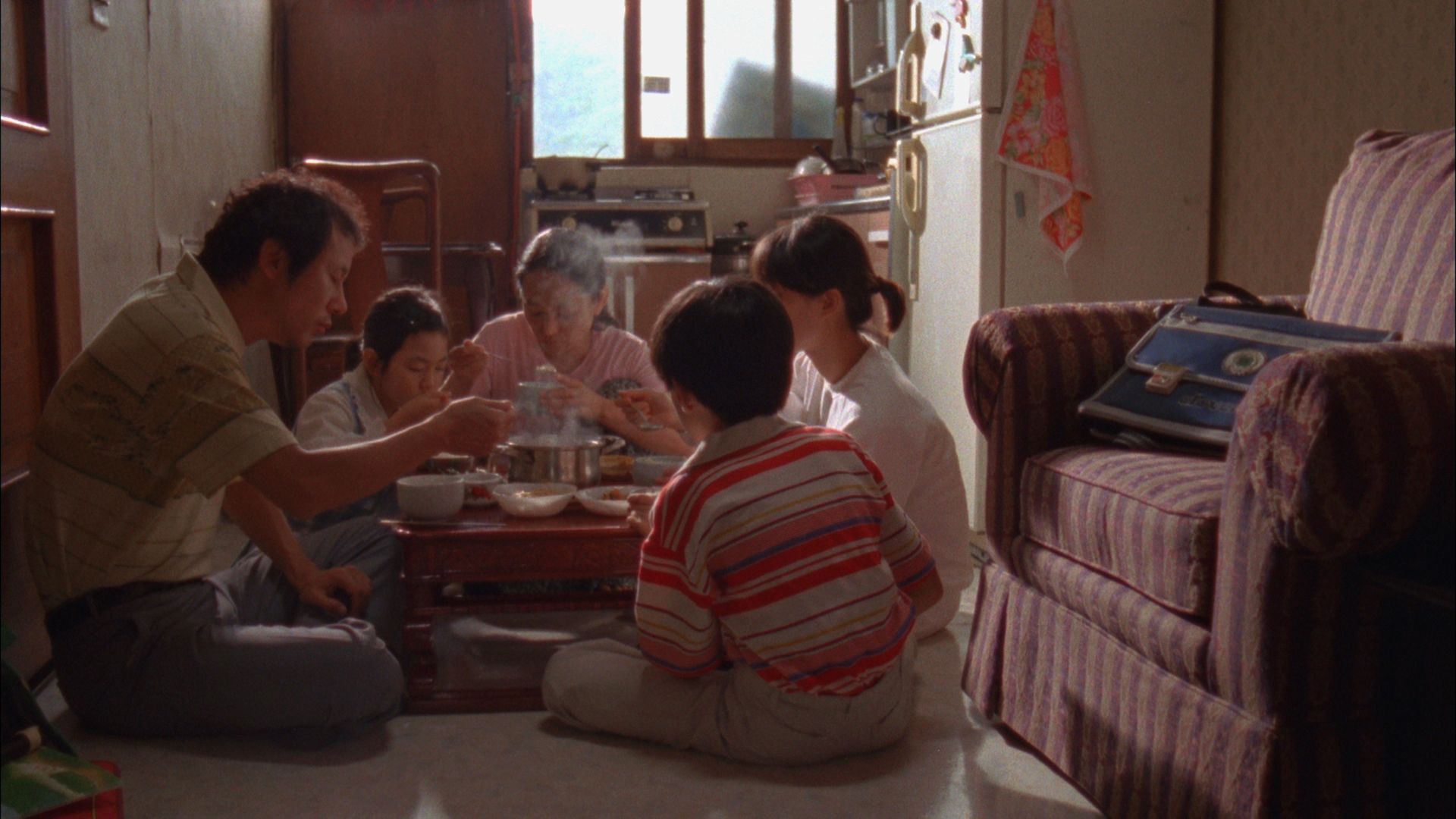Shedding light on the works of women directors from Korea
The 7th edition of the Korean Film Festival Canada (KFFC) is here. It has selected distinctive works from entirely female, Korean directors, including feature films, shorts, and documentaries from Korea, as well as films from Korean-Canadian directors.
The online festival features unique and compelling stories that highlight the theme Narratives Beyond Borders: The Korean New Wave Cinema by Women Directors (1950-2020, Series I).
The KFFC is a non-profit cultural organization in Tiohtià:ke/Mooniyang (Montreal) founded in 1996 that presents works by emerging and established Koreans and/or Korean-Canadians in film, media, and digital arts.
The film festival’s mandate is to create a cultural exchange between Korea and Canada, but also bridge audiences from around the world to engage with Korean film and media.
The festival is taking place online, giving the public the opportunity to watch the many feature works. KFFC 2020 offers single tickets for $4.50 and a full pass to watch the entire catalog of films for only $9.50. The audience can see a movie of their choice or have access to the full selection.
Now, what to watch? Here are some recommendations:
For instance, The Recorder Exam (2011), directed by Bora Kim, tells the story of nine-year-old Eunhee who is anxiously preparing for her recorder exam as she tries to find her place in her family, in which all members struggle with their own personal issues. The film is only 29 minutes long, but it is sincere and there’s a sense of comfort found in Eunhee’s character.There is a great presence of love even when it isn’t shown properly. Simply sad, yet beautiful.
I’ll Be Seeing Her: Women in Korean Cinema (2003) by So Young Kim is captivating film footage of the energetic world of South Korean cinema from the 1950s to early 2000s, highlighting the importance of womens’ presence in cinema and reconstructing the history of Korean cinema. Actresses such as Eun-hee Choi who has played in My Mother and Her Guest (1961) and Jung-hee Yun from Mist (1967) are voices heard in the film, sharing their perspectives of women in the cinema.
Another poignant film to see is A French Woman (2019) directed by Hee-Jung Kim that tells the story of Mira, a 40-year-old woman who visits her native Korea after 20 years of living in France — following her divorce with her French husband who cheated with a younger Korean woman. When she arrives in Korea, Mira meets up with her old friends at a bar. When she goes to the bathroom and returns to her friends, time has reversed by 20 years.
The movie explores Mira’s sense of being torn between two places: France, which was at one time a foreign place to her, and her native Korea, which feels foreign to her now. Mira seems to struggle with her present life, as she relives moments of her past.
The works of these women directors are exceptional and depict different aspects of Korean society from their own perspective. These are only a few of the many remarkable films presented by the film festival.
The KFFC also presents ART-Talks, a small conference created to discuss the perspectives of women filmmakers, sharing their accomplishments and stories. Directors, artists, film critics, and researchers will discuss their thoughts and research on the topic of “Perspectives of Women in Film” in a series of short videos that are now available online.
All proceeds will be donated to art and women’s film organizations in Quebec and Korea to support artists during the pandemic.
Films are available to watch until Nov. 29. Tickets are sold exclusively online.




